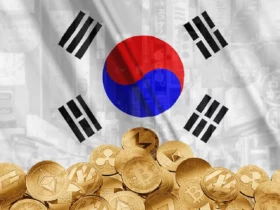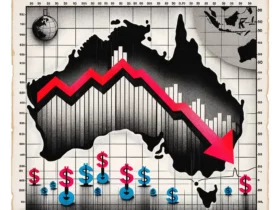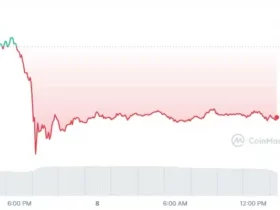South Korea’s Financial Services Commission (FSC) is shifting its stance on nonfungible tokens (NFTs), moving to classify some of them as virtual assets.
While NFTs are typically unique assets that cannot be replicated, the FSC’s June 10 report highlights that certain types of NFTs will now be treated as virtual assets. Specifically, NFTs that are divisible, mass-produced, or can be used as a means of payment will fall under South Korea’s new framework.
Businesses issuing NFTs classified as virtual assets must now report to the South Korean regulatory body. This new directive precedes the implementation of the nation’s first crypto regulatory framework, set to take effect on July 19.
According to Jeon Yo-seop, the FSC’s head of Financial Innovation Planning, NFT collections minted in large quantities are likely to be used as payment. For instance, if a collection includes one million NFTs, they could be traded and used as payment similar to cryptocurrencies.
Jeon indicated that there won’t be a single standard for classifying NFTs as virtual assets. Instead, the FSC will determine the classification on a case-by-case basis. Additionally, NFTs possessing characteristics of financial securities, as outlined in the country’s Capital Markets Act, may be classified as securities.
With the new guidelines, some NFTs could become eligible for interest when deposited in an exchange. This follows a notice from the FSC issued late last year, which mandates that virtual assets deposited on crypto exchanges be eligible for interest generation. However, regular NFTs and central bank digital currencies (CBDCs) are excluded from this benefit.
The new framework is part of South Korea’s Virtual Asset User Protection Act, aimed at criminalizing practices such as using undisclosed information for crypto investments, manipulating market prices, and engaging in fraudulent transactions. The bill, passed in 2023 by the National Assembly, provided cryptocurrency-focused entities a one-year grace period to comply with the regulations.
To support these efforts, South Korean regulators have also established a crypto crimes unit. The Joint Virtual Asset Crime Investigation Unit, comprising 30 experts from seven national agencies, aims to tackle illegal activities in the crypto space.










Leave a Reply